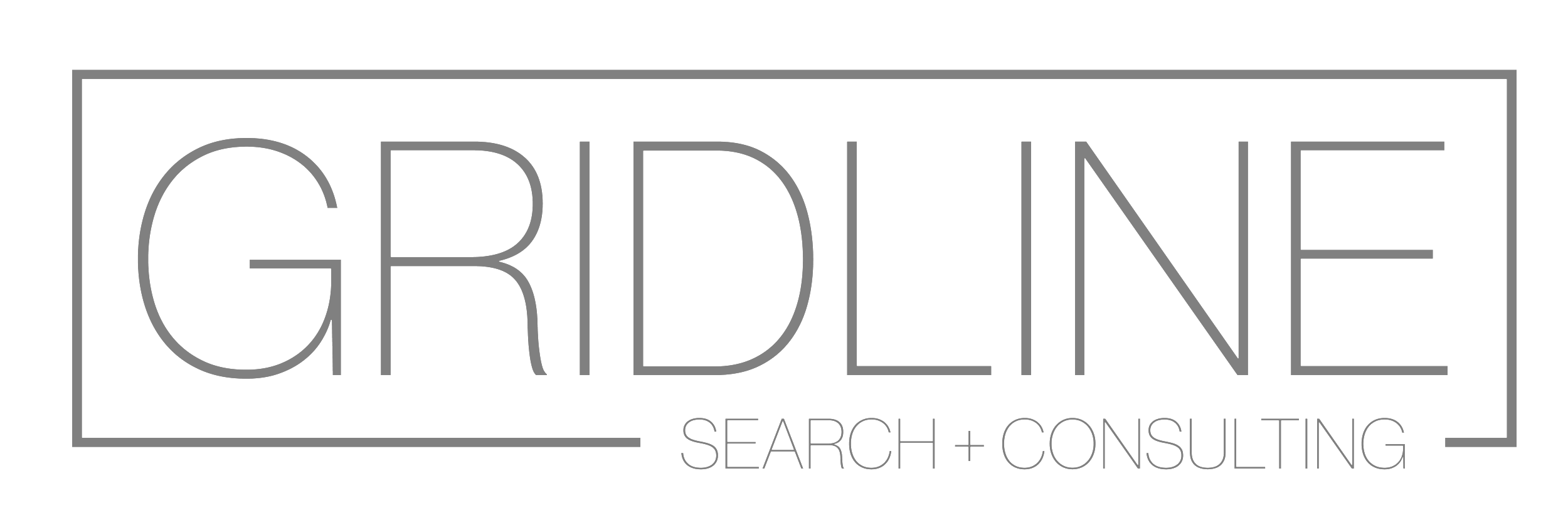IRAC for Legal Interviews
The most common questions in a legal interview usually start with the phrase "Tell me about...". Tell me about a deal you recently closed. Tell me about the hardest project you've ever worked on. Tell me about how the work you did on this case. This is all part of the typically conversational legal interview. But there is real strategy in asking these questions. Attorneys are looking for the following with "Tell me about..." questions:
How do you organize your work and your time on a project?
What does your analytical reasoning look like when you're working through a legal project?
How do you work with peers, supervisors and more junior attorneys on your projects?
How well do you "think on the fly"?
You've probably heard the advice that ahead of an interview "You should be prepared to talk about everything on your resume." This is true, but to be more practical and specific: "You should be prepared to tell clear and organized stories for everything on your resume."
So then what is the best way to prepare for resume-based "Tell me about" questions ahead of an interview? By outlining professional stories using the IRAC method.
What is IRAC?
IRAC, as you may recall from law school or a writing class, stands for:
(I)ssue - the questions presented, or the problem being solved
(R)ule - the framework that applies to the issue
(A)nalysis - the application of the rule to the issue
(C)onclusion - the final answer to the question or issue
Using IRAC to Create Resume-Based Story Outlines
You may feel confident that you know what you're talking about when it comes to your current job. But you've probably never had to tell the whole story of a project you worked on in a way that is both succinct and complete. The IRAC outline can serve as a great organizing tool when preparing to talk about your work experiences for an upcoming interview. With every relevant legal job, make sure you have 2-3 IRAC'd stories. For other elements of your resume (school activities, interests, etc.), have at least 1 IRAC'd story.
Here's how to write up your IRAC outlines for your resume-based stories:
The story's "issue"
Describe the case or the deal in big picture terms in just a couple sentences. Identify the client and deal/settlement/award amount if that is public information; otherwise, just identify the client's industry and the goal of the project. Was it an IPO? An internal fraud investigation? A copyright infringement defense?
The story's "rule"
Identify the specific types of legal work that needed to be done to complete the project for the client. Make sure to mention how many people were working on the project. Briefly identify all the big tasks that had to be done - in order, where possible. For a deal, this may have meant starting with several client calls, then managing the diligence process and finally negotiating relevant agreements. For a case, this may have meant starting with client calls (as well as multiple internal discussions), then managing the discovery process and finally filing a series of pleadings.
The story's "analysis"
Dig deeper into your individual role in the project. This is the core part of your story (just as the "analysis" eleement is the core part of an IRAC). For example, if your primary role in the project was managing diligence or discovery, talk about it in some detail. Discuss how many people worked on it, how the work was divided, a little bit about what you were looking for and then how you delivered your diligence or discovery report.
The story's "conclusion"
Stories need endings. If you're talking about a case or deal, the listener will want to know what happened to it. If it died due to a change in the pricing environment or the case settled not in your client's favor, that's OK. If you were taken off the project or it's still ongoing, state that. Just make sure you give the listener some kind of ending.
How Recruiters Can Help
Your legal recruiter can help you run through these outline stories. Ensure that the stories from your current job are especially strong as this is where interviewers will ask the most "Tell me about" questions. The outline should only be used as a rough guide and not be something you memorize like a speech. (You don't want to sound rehearsed.) At the same time, a mock interview exercise using your IRAC'd story outlines will help make sure you end up focused, organized and ready for anything in your interview.
